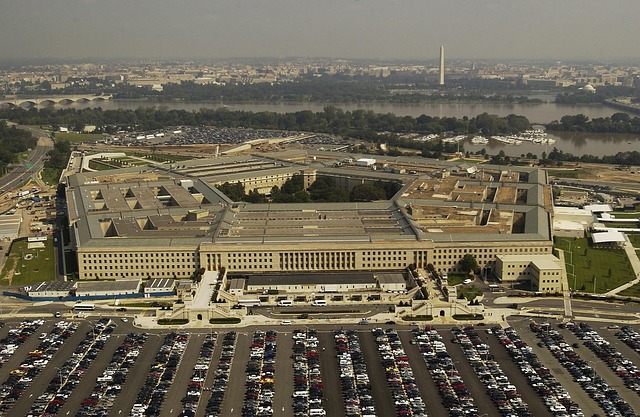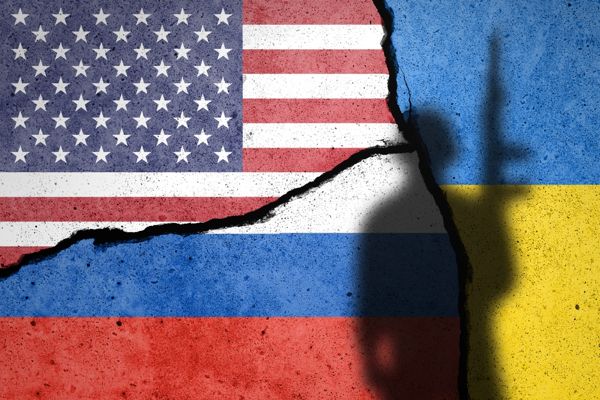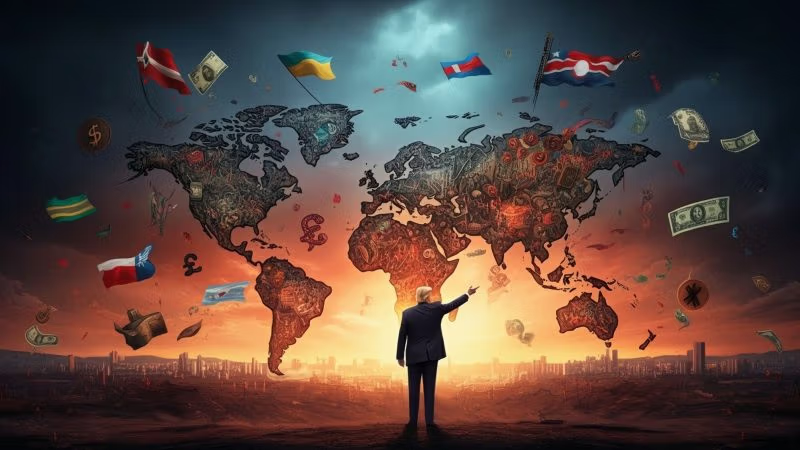It is hard to believe that U.S. and other Western officials actually are surprised at the consequences of their habitually tone-deaf policies toward Russia. Are they truly shocked that a major power, already humiliated by its defeat in the Cold War, resented having the most powerful military alliance in history steadily expand toward its borders? One need only look at a current map and compare it to a map of Eastern Europe in 1990 at the time of Germany’s reunification to see the geographic extent of NATO’s expanded military power. The encroachment on Russia’s core security zone is blatant. Yet, U.S. leaders in five administrations ignored repeated, escalating admonitions and warnings from Moscow as those provocations took place.
The culmination – so far – of such policy arrogance and ineptitude is a dangerous proxy war between NATO and Russia, with NATO using Ukraine as its principal weapon. Most worrisome of all, the proxy war is a conflict that could, given the slightest miscalculation by either side, escalate to the nuclear level.
Members of America’s foreign policy elite fail to exhibit even a modicum of strategic empathy, and that deficiency urgently needs to be corrected. The principal global nightmare in the coming decades is likely to be a possible military collision between the United States and the People’s Republic of China (PRC). If the new generation of U.S. policymakers cannot do a far better job than the current crop has done with respect to policy toward Russia, a catastrophe becomes much more likely.
Aspiring and current U.S. policymakers should be compelled to conduct mental exercises in which they genuinely attempt to view a geostrategic issue from the perspective of an opponent or competitor of the United States. As an important corollary, there needs to be a more serious effort to comprehend how the other party seems to view specific U.S. actions and initiatives. Such an approach requires sincere, in-depth intellectual role reversals.
An attempt to achieve something at least resembling strategic empathy would, for example, try to determine how a defeated and humiliated United States would react to a victorious Russia expanding a powerful military alliance it controls ever closer to the American homeland. Let’s say that the encroaching Russian great power started by adding small nations in the Caribbean and Central America as new alliance members and then moved on to admit larger countries possessing more significant military assets, such as Colombia and Venezuela. Not content with implementing those provocations, Moscow then seeks to make Canada or Mexico a front line alliance member against the United States.
Substitute the Baltic republics for the small Caribbean or Central American countries, and substitute Poland, the Czech Republic, and Romania for Colombia and Venezuela, and one has the mirror image of what the U.S. and NATO did in Eastern Europe between 1998 and 2004 with the initial stages of NATO’s expansion. Throughout that period, Washington and other leading NATO powers kept insisting that the moves were not hostile measures directed against Russia – an assertion that had little credibility even during the early phases of expansion and ultimately had no credibility with Russian leaders. When Anti-Russia hawks began to do their utmost to admit Ukraine to NATO during George W. Bush’s administration, the provocations reached an intolerable level.
Adding Ukraine as a NATO military asset, whether or not Kiev was granted formal membership, was the functional strategic equivalent of a victorious Russia trying to add Mexico or Canada to the looming military power already arrayed against Washington. In this alternate universe, would anyone be surprised if the increasingly beleaguered United States took decisive steps to prevent Mexico or Canada from becoming a crucial Russian geostrategic asset? Would we be surprised if U.S. leaders and the American people concluded that they faced an existential security threat and decided that decisive action to neutralize that threat must be taken, whatever the risk? It is nearly certain that both the public and the government would reach such a conclusion.
Why, then, do U.S. leaders and their NATO allies profess to be surprised and outraged that Russian officials and the Russian people seem to view matters in a similar fashion about the threat their country faces? The total lack of strategic empathy on the part of Western – especially U.S. – policymakers has produced a predictable, disastrous outcome.
A healthy dose of realism and prudence about the ongoing quarrel with Moscow is badly needed. NATO’s dangerous proxy war must end immediately. There are mounting signs that the conflict may be spiraling out of control, and the consequences if that development occurs could be horrific.
Beyond ending the proxy war, U.S. and NATO officials must accept that Ukraine is not only in Russia’s sphere of influence but also is in Russia’s core security zone. Prudent realism means terminating Western political, economic – and especially military – support for Kyiv. It is almost always uncomfortable for a small or medium-size country that resides in the same neighborhood as a much larger, stronger power. (One might well ask Latin American populations how comfortable they have been when they must deal with the United States). The best hope for the weaker party is to avoid needlessly antagonizing its neighbor and, when necessary, to make concessions, however painful they might sometimes be.
U.S. leaders must learn at least the basics of strategic empathy. That process is needed to bring the increasingly dangerous quarrel with Russia to an end. It may be even more important to absorb the broader lessons of strategic empathy to avoid a looming, potentially catastrophic collision with an even more capable rising great power: the PRC.







